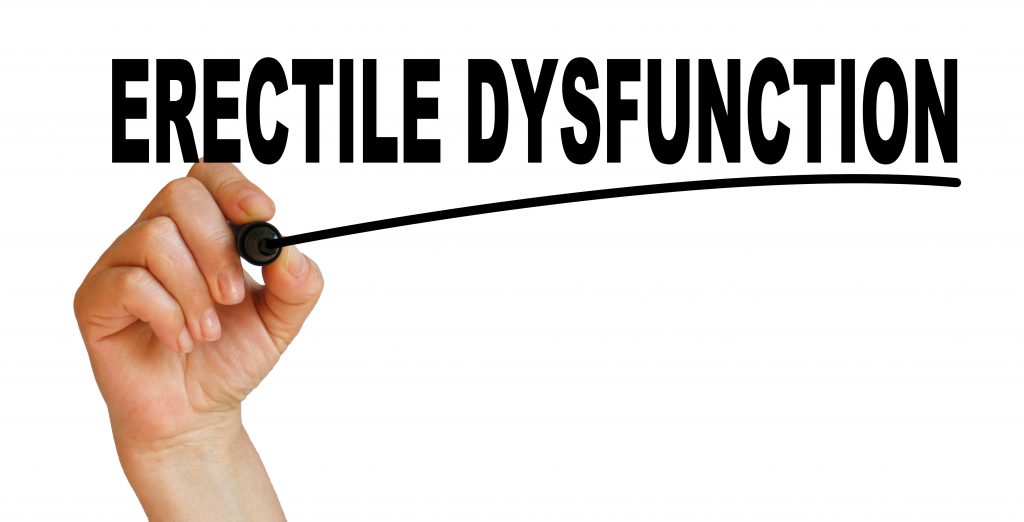
Erectile function is pretty common, but perhaps not as common as TV commercials would have you believe. An estimated 30 million Americans suffer from this pernicious problem. The chances of developing it in one’s 50s is four percent. Around age 65 that number increases to 25%. But this is for long-term ED.
It is normal for most men to experience another kind, situational ED. This can occur up to 20% of the time, or in one in five encounters. Usually, it is due to a particular situation, such as drinking too much alcohol. Drug use can also interfere. For younger men, nervousness, especially with a new partner for the first time, may trigger the “fight or flight” response, and undermine erectile functioning.
For older men, fatigue can sabotage an erection. There is something else to keep in mind too. As men age, their testosterone level gently decreases. This means a man may want sex less often. A few times per month is the norm, though desire varies greatly from one individual to the next, which is also perfectly natural.
For all men, stress, problems putting on a condom, or relationship issues may also get in the way. These situations cause what is known as short-term ED. Long-term ED however is more worrisome. This is usually a symptom of a more substantial illness such as heart disease, diabetes, cancer, and more. Heart disease is the most common cause.
Cardiologists say ED is a tripwire in the early warning system, signaling peripheral artery disease, and implying that if things don’t change, a man may be on the road to a heart attack. Generally speaking, what is good for the heart is good for one’s erection. Limit alcohol intake, avoid drugs, and if you smoke quit. Get lots of cardiovascular exercise, particularly lower body cardio. Eat a healthy diet filled with fruits and vegetables.
A recent study showed that those men with higher fruit intakes had a lower risk of ED. Some experts say that with older men, planning sexual activity around your condition can help too. For those who are experiencing ED rather frequently, see a doctor or an urologist. You will want to rule out anything serious. Moreover, if it is long-term ED, rest assured that there are lots of treatment options, and one is sure to be right for you.

